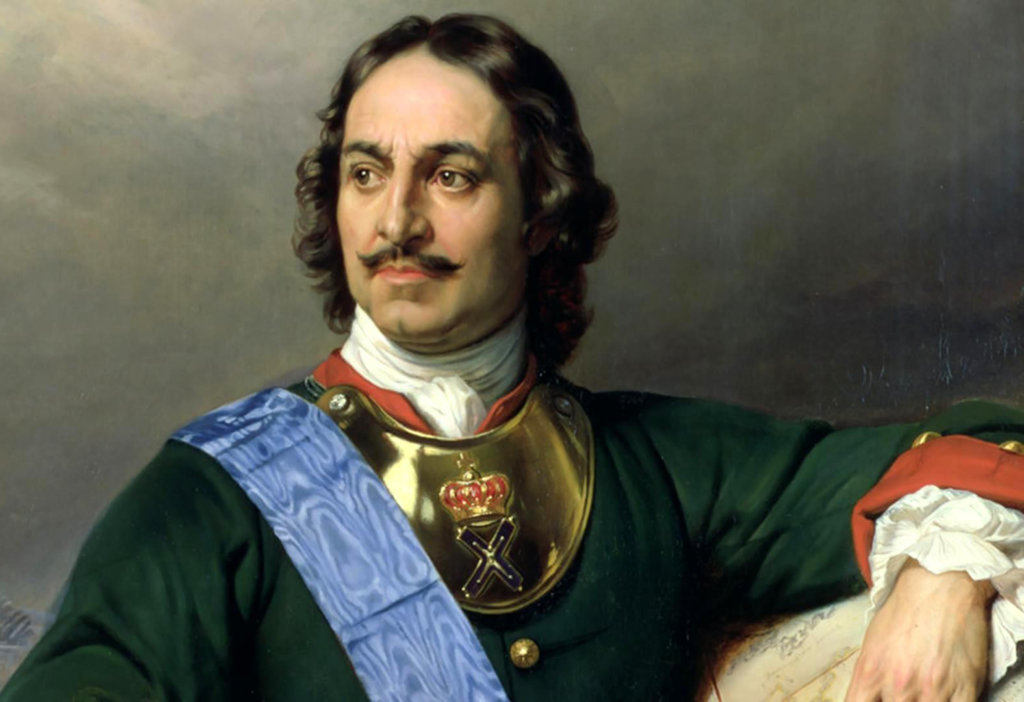Photo credit: Paul Delaroche. Portrait of Peter I / detail / wikimedia.org (Public domain)
A mass grave of soldiers of the Russian army of Peter the Great's times was found in Estonian Tartu. The mass grave with the remains of 70 Russian soldiers who died during the Northern War in the 18th century was discovered by workers during the reconstruction of the city sewage system, Sputnik reports.
The burial was found after removing the asphalt on one of the streets of Tartu. The time of burial and the nationality of the fallen were determined by archaeologists invited to the place of discovery. It was found that the soldiers died during the storming of the city, which in Peter's era belonged to Sweden and was called Dorpat.
It is reported that workers had previously found human remains in the area, but hid it. In the course of the work, which was carried out over the course of a month, the remains of 70 young people aged 17-25 years were removed, which had traces of damage from nuclei and bullets.
Orthodox crosses found at the burial site helped to determine the soldiers' belonging to the Russian army. According to the assumption of Estonian scientists conducting research, the remains of about 100 more Russian soldiers may be found in the same place, and the work may take years. Tallinn has not yet announced whether the burial of the remains is planned.
Russkiy Mir


